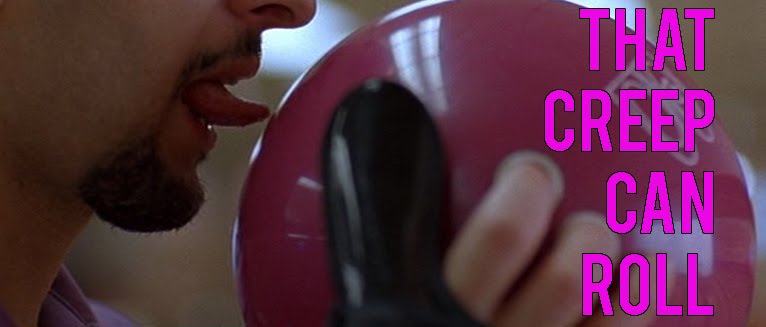
Wall Street
It’s easy to forget that when Wall Street came out it was almost single-handedly responsible for shaping our views on how the high-powered world of finance operated. The financial industry has (deservedly) been under close scrutiny of late and now that we’re all collectively familiar with the likes of Ponzi schemes and bear markets (aren’t we?), does Oliver Stone’s insular peek inside the world of stock trading still hold the fascination it did when it was released in 1987? In a word, no.
Bud Fox (Charlie Sheen) is our guide through this murky realm; a fresh-faced, blue collar guy who’s striving to make it in the cutthroat world of brokering. He sets his sights on Gordon Gekko (Michael Douglas), the quintessential, all-powerful magnate, as a potential investor and the two strike up a dubious working relationship.
The film’s biggest problem is that it has dated badly – and by that I don’t mean ‘oh, wasn’t it awful’ trite truisms about the fashion or technology of the era. That the film is littered with multiple cliché-ridden scenes of Manhattan at sunset/sunrise, hoary depictions of the hustle and bustle of city life and countless montages of ‘buy low, sell high’-type trading doesn’t help. The entire structure of the film is very much of its era. The notion of the ‘good man’, seduced by power and influence by an evil Pharaoh has been done to death – both subsequently and previously. The film’s raison d’être seems to be little more than offering an insight into what was, at-the-time, a glamourous business.
Even stripping away the layers of supposed glossy analysis and leaving a character piece, it’s left wanting. The problem is that Bud never makes for a sympathetic lead. Quite how quickly he takes to the corrupt life with little prompting shows just how lacking in moral fibre he seemingly always was, despite multiple attempts to try to convince us otherwise. When he utters an existential “who am I?” to a blinking Manhattan skyline, Sheen doesn’t have the talent to convince and we’re left wondering whether we really care.
The older generation fares better with Michael Douglas and Martin Sheen both shining as Gekko and Bud’s father respectively. Gordon Gekko is now a byword for this type of character and he’s slightly more rounded than I had anticipated. There’s an underlying fragility as displayed in his dealings with rival businessman Sir Larry Wildman (Terence Stamp) which gives the character scope beyond ‘slick despot’. For all his front there’s insecurity at the core. The father/son scenes between the Sheens provide many of the film's better moments, their real life connection presumably lending the scenes an authenticity. The exploration of the themes of betraying one’s roots and paternal expectation is satisfyingly well-realised.
The film is positively oozing with machismo from the way it’s shot to the characters it contains. It’s all about male relationships and not even by way of an attempted examination of them. Wives and mothers are sidelined to the point that it’s barely worth mentioning them at all. An attempt to shoehorn in an unnecessary relationship subplot with Daryl Hannah falls flat as it lacks any dramatic weight beyond the most facile arc (and a silhouetted sex scene that only the 80s could deliver).
Despite its faults it maintains a force throughout that keeps you compelled. It’s a classic morality tale and so the way each character is headed is inevitable from the moment they appear on screen. Thankfully, there’s the semblance of an open ending which avoids leaving the film on a disappointing note and I’m certainly interested in revisiting Gekko in the impending sequel. Times have changed and our perception of the industry with it. We’re far less dazzled by the trappings of wealth and hopefully Stone will have updated his vision and put aside bravado to give us something that speaks to our time.
3/5


No comments:
Post a Comment